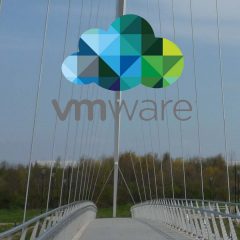Deploying and Configuring The vCenter Server Appliance
KB ID 0001146 Problem The vCenter Appliance used to be a simple to deploy from OVA, but now you need to deploy it from another machine, (and it has to be a Windows machine). Solution Before you attempt to deploy the appliance, ‘pre-create’ its host records in your DNS. Download the vCenter Appliance .ISO file and mount it on your Windows machine, navigate to the vcsa-iu-installer directory, and run the installer.exe file....
OCSP Server – Bad Signing Certificate On Array Controller
OCSP KB ID 0001145 Problem I had a client ring in the other day, they have a three tier PKI solution on Windows Certificate Services, that I put in about a year ago, it has been running fine, but now they were seeing some errors. Bad signing certificate on Array controller. The following errors were also being logged; Event ID 23 Log Name: Application Source: Microsoft-Windows-OnlineResponder Date: 12/01/2016 08:44:01 Event ID: 23...


